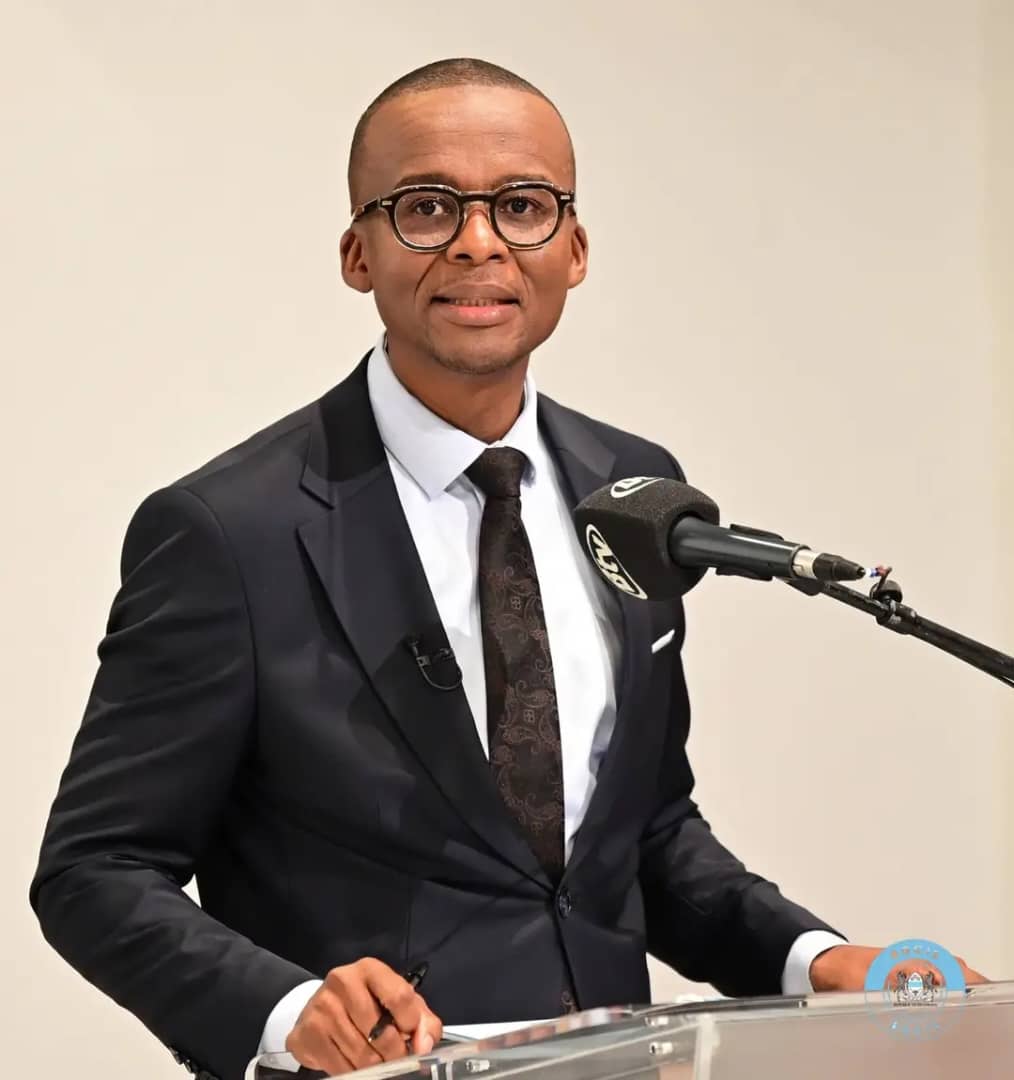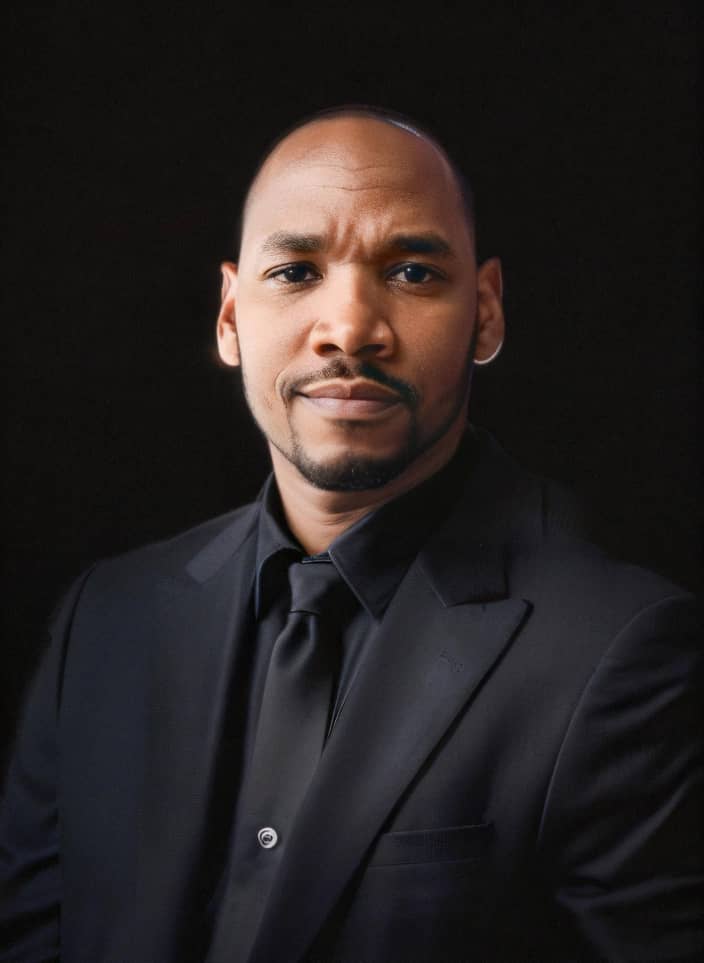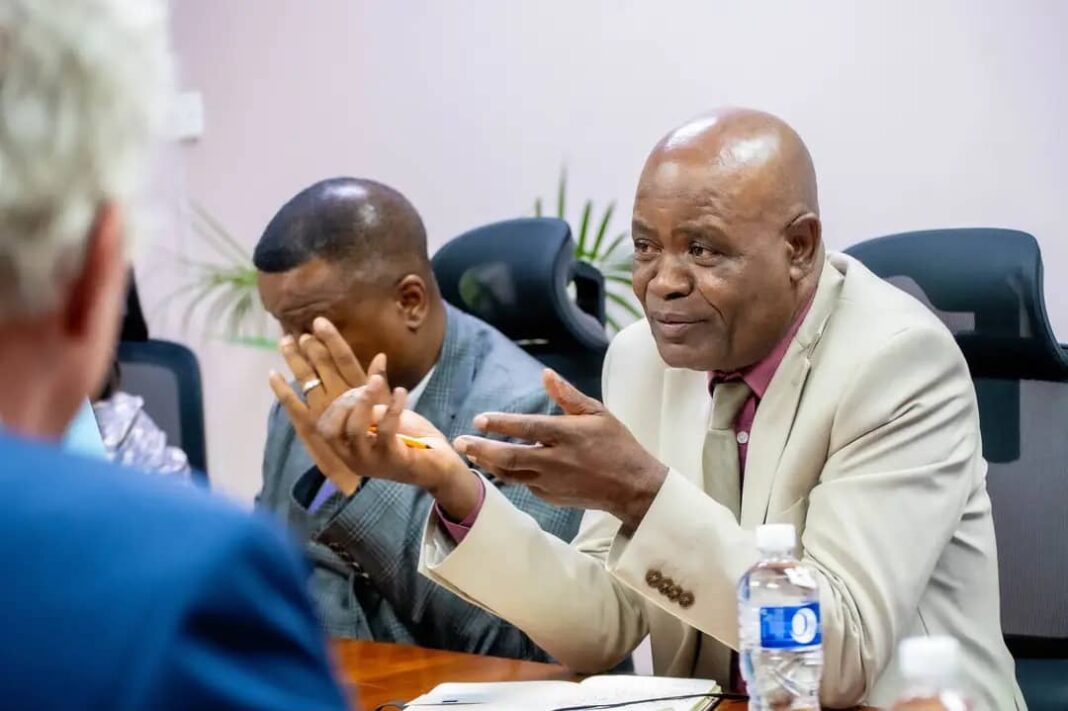In an endeavour to steer Botswana out of economic stormy waters and propel the country on course for economic prosperity, characterised by a diversified, knowledge-driven economy, the government has rolled out a new economic blueprint dubbed the Economic Transformation Programme (BETP).
The initiative, underpinned by multiple reform pillars, aims to drive sustainable economic growth, improve competitiveness, and build resilience in the wake of global financial shocks and domestic economic stagnation.
This is underpinned by President Duma Boko, who, in recent public addresses, has emphasised the need for fast and fearless implementation of structural reforms, citing the urgent need to diversify the country’s revenue streams and create employment for thousands of jobless citizens. Thus, since assuming office in November 2024, economic transformation has been an issue on Boko’s crosshairs.
Launched on Tuesday this week, the Economic Transformation Programme builds on Botswana’s Economic Recovery and Transformation Plan (ERTP) — a BWP 14.5 billion stimulus blueprint developed in the aftermath of COVID-19 pandemic. The programme comes at such an important time in the history of Botswana’s independence, when the nation witnessed a historical change of government, which was a first for the Sub-Saharan nation. Botswana turns 59 years in September.
However, its economic trajectory has been underscored by a mixed bag of fortunes. On the economic front, the country has had a chequered legacy from being one of the poorest countries in the world at independence to being classified as an upper-middle-income economy. In essence, this is a story from rags to riches and back to rags again. With that in mind, the new administration inherited an economy besieged by deep structural defects. However, that’s not an excuse, and as reiterated by President Boko and Vice President and Minister of Finance Ndaba Gaolathe on various platforms, building back would require a paradigm shift. It would require that all hands be on deck to deliver the promise of the 2nd Republic made before the fall of the Botswana Democratic Party (BDP)-led regime.
History has demonstrated that the economy is a vital aspect of any country, and the state of it has, in numerous occasions, proved to be just the difference between successful and failed states. It was on this understanding that a political strategist named James Carville coined the phrase “It’s the economy, stupid.” Carville served as an advisor to the then US Presidential aspirant, Bill Clinton, leading to the race for the White House in 1992. At the time, the US was hit by an economic recession, and the then-President George HW Bush could not help the situation. It was Carville who coined the Clinton message to stress the importance of the economy at every given moment. From that moment onwards, the mantra has stuck with US politics and dominates analysis every time there is an election.
Back home, the same can be said about the economy, which is at a crossroads. Botswana is witnessing economic headwinds, which are, to a larger degree, a reflection of its need for transformation. At its heyday, the nation was hailed for its robust fiscal management characterised by fiscal prudence, high diamond sales, and overall good policies and strategies ensuring good governance. Nevertheless, it would appear the country became a victim of its own success.
According to economic literature, the 1960s and 1970s were a time for building social infrastructure following successful independence. This was depicted by the building of roads, hospitals, schools, rolling out electrification and water as basic amenities. Despite that, it was not enough; there was a solid foundation and a political will to reform the state. Further, the 1970s saw a period of mineral exploration, which added cherry on top. The discovery of diamonds and other minerals championed this developmental phase. Even so, the country neglected sectors like agriculture, which contributed a great deal to GDP then.
Moreover, in the 1990s, the country continued its growth, and at the time, economic researchers began noting unemployment as a challenge that needed to be contained. From the 90s to the early 2000s, the country was devising sound policies on paper. However, a lack of implementation was its undoing. So, from then onwards, unemployment became a song that, to this day, still echoes in the ears of desperate youngsters longing for economic emancipation.
Severe challenges like the HIV/AIDS scourge, inequalities, poverty, and, of late, Gender Based Violence proved to be a thorn in the flesh of those at the helm of government administration.
Against this backdrop, there are opportunities and challenges presented to the 2nd Republic to depart from the usual norm and address pressing economic hardships head-on. To this end, President Boko is seemingly championing a call on the government enclave for men and women responsible for social transformation to be aligned to this agenda and have the ordinary folk at the back of their minds. According to the United Nations Development Programme (UNDP)’s 4th Botswana National Human Development Report, launched in May 2025, Botswana’s unemployment rate stands at 38.2%. Concerning as this is, the Vice President Gaolathe described it as a “national emergency.”
Consequently, the launch of the Botswana Economic Transformation Programme (BETP) and a call for ideas geared towards local and international investors as well as ordinary citizens to contribute to innovation is a welcome development in order to trigger the growth of Botswana’s monolithic economy, heavily reliant on diamonds, to a diversified and sustainable economy. This radical shift can only be achieved if those at the helm remain intentional about social development, as the consensus seems to be. A shift in the delivery of both public and private sector services should be accompanied by an enabling environment for the citizenry to be part of the process. In this regard, the youth, young people, elderly, women, persons living with disabilities, persons living with HIV, the workforce, and everyone else should have a stake in the development.
For Botswana to restore its glory days, there must be a highest form of accountability by public office bearers with the mindset that it can never be business as usual. Gone are the days when officers had to send someone back home because the officer who could assist them is on leave or has travelled on a working trip. Such a casual approach should never be tolerated. Also, for the economy to fully function, productivity levels have to be optimal; failing, the public sector will continually grapple with a huge wage bill amidst productivity challenges as highlighted by economic data. Additionally, as buttressed by President Boko, State-Owned Enterprises (SOEs) must come to the party and play their part. SOEs like Botswana Railways, Air Botswana, Botswana Meat Commission(BMC) and Botswana Agricultural Marketing Board(BAMB) and many others will be instrumental in driving Botswana’s next phase of development into a high-income economy driven by knowledge systems and Robotics. This is not fiction but the reality that Botswana should embrace or will forever remain watching from the fence as another industrial revolution ensues.
Furthermore, as part of the ongoing fiscal restorative measures, the government should rethink its spending patterns across various ministries and departments where wastage has been the order of the day. To this end, some procurement officers exploited gaps within the system to aid corruption and misuse of state resources as well as evading accountability.
For government, the only feasible way to address these challenging times would be to remain true to its word. In the short to medium term, the government has to work on building back an economy that works for all, bearing in mind the urgent need for industrialisation. Placing industrialisation at the fore of the economic agenda would allow for a spike in job opportunities and overall GDP growth across sectors. With massive investments in infrastructure, internet connectivity, and bridging the gap between those rich and poor by expanding opportunities for all, there is no how the economy would fail as stubborn as it may be.
Post the diamonds and aid era, Botswana must chat a way that will once again make it the shining example of democracy as then it was hailed for its good governance. But to the credit of the new government, as overseen by Boko as a seasoned human rights advocate and a staunch believer in inclusive development, signs are that the country is headed for redemption. It may be that it is only a matter of time before the ship is steadily navigated off the stormy waters. In his view, poverty is a violation of human rights and must be fought in all that is in the nation’s might. In the face of these dark days, I urge you, my countrymen to remember the words of the late US President John Fitzgerald Kennedy (JFK) on the occasion of his inauguration on January 20 1961, when he posited thus: ” ask not what your country can do for you, ask what you can do for your country. ” Remember this as a public call for all of us to do good in the exercise of our duties as citizens, to return our once great motherland to a new period of unprecedented triumph.



